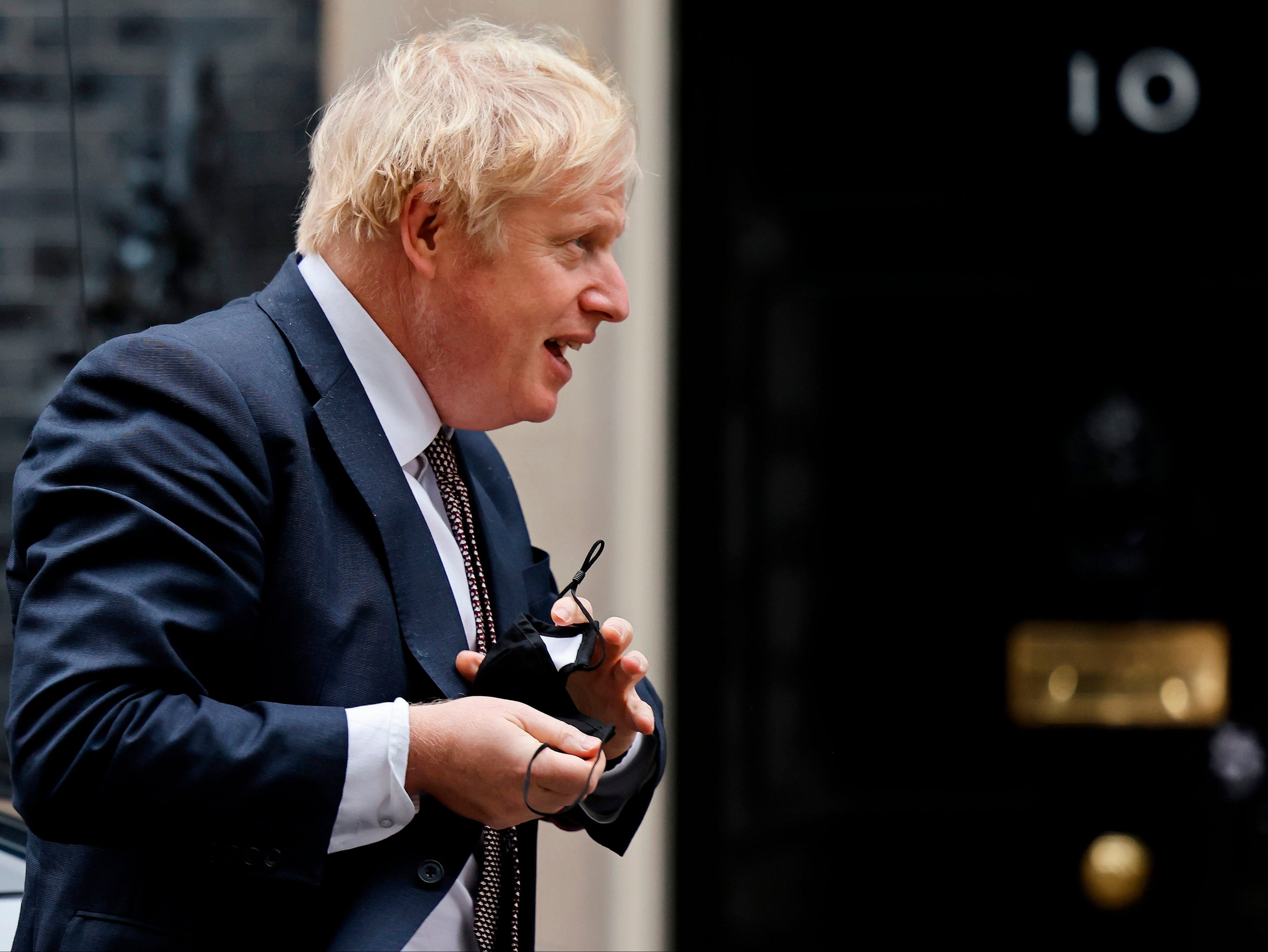What is going to happen to the Fixed-term Parliaments Act?
Nobody likes the law that paralysed parliament last year – but, asks John Rentoul, what to replace it with?


A joint committee of MPs and peers met for the first time last week. It has been set up, as required by the Fixed-term Parliaments Act, to review the act and recommend whether to repeal or amend it.
It seems a bit pointless, because Boris Johnson promised in last year’s Conservative manifesto to “get rid” of the act, because “it has led to paralysis at a time the country needed decisive action”. The Labour Party agreed; its manifesto said: “A Labour government will repeal the Fixed-term Parliaments Act 2011, which has stifled democracy and propped up weak governments.”
Nobody likes the act, agreed by the coalition government as a sop to the Liberal Democrats, who feared that David Cameron would call a snap election when it suited him in the hope of ditching his ball and chain. It turned out that the two-thirds majority required for an early election could be overridden by a simple majority for a new act, as happened last year, but that the fixed-term act nevertheless encouraged deadlock and indecision.
In particular, the rules for passing a vote of no confidence in a government, and allowing 14 days for the possible formation of an alternative administration before triggering an early election, at one point seemed to be leading to the formation of a cross-party government of national unity.
So there does not seem much for the review committee to discuss. The main item of business at its meeting on Thursday was to elect a chair: Lord McLoughlin, who as Patrick McLoughlin was Theresa May’s chief whip in the House of Commons. He is likely to deliver roughly what Johnson wants – the committee has a Conservative majority – provided it can be presented as being in the national interest.
And the committee does have at least one important decision to make. Simply repealing the Fixed-term Parliaments Act is not the end of the matter, because it is not clear that the royal prerogative would be revived. This was the power the prime minister had before the act to advise the monarch to call an election.
If the act is repealed, therefore, it is likely to be replaced by a new law – but what should it say about who gets to decide when to hold an election? Chloe Smith, the constitution minister, told MPs in July that the government intended to “return to more flexibility to deal with unexpected circumstances”. This could mean giving the prime minister the right to call an early election – within the five-year maximum period set in previous legislation.
But it will be interesting to see if the committee agrees. The date of the last two general elections was decided by a majority vote of the House of Commons. It is quite possible that a majority of MPs will decide that they, rather than the prime minister, should continue to hold this power.
Join our commenting forum
Join thought-provoking conversations, follow other Independent readers and see their replies
Comments